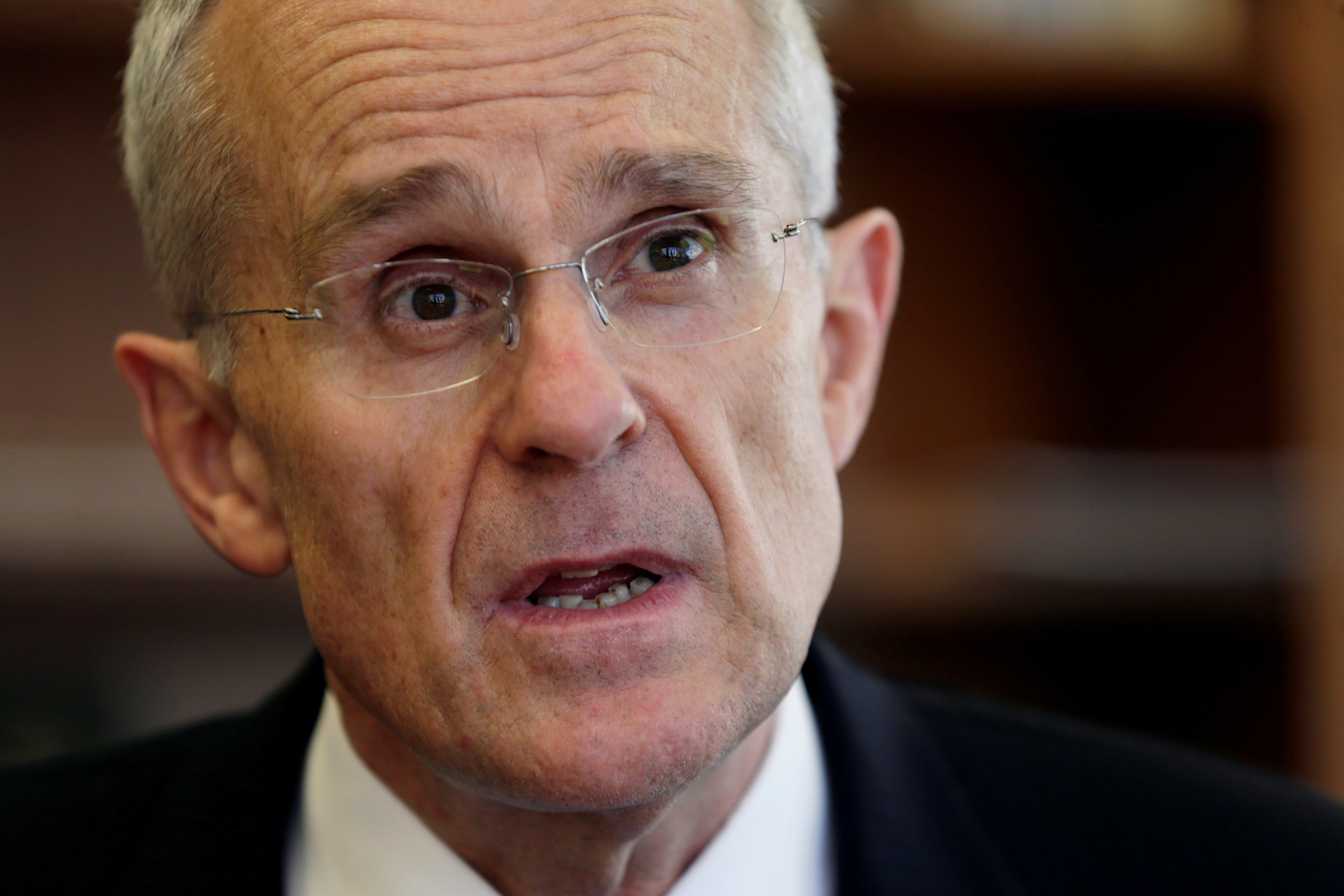(ATF) Washington has asked its closest Asia-Pacific ally to scrap proposed laws that would make Australia the first country in the world to force social media giants to pay for news sourced from local media outlets.
Assistant US trade representatives Daniel Bahar and Karl Ehlers suggested Canberra should instead “further study the markets, and if appropriate, develop a voluntary code.”
Under the proposed law, which has broad political support and is currently before an Australian Senate committee, Google and Facebook would be subject to mandatory price arbitration if a commercial agreement on payments to Australian media cannot be reached.
“The US Government is concerned that an attempt, through legislation, to regulate the competitive positions of specific players … to the clear detriment of two US firms, may result in harmful outcomes,” said in the document, under the letterhead of the Executive Office of the President.
Such a move could also “raise concerns with respect to Australia’s international trade obligations,” the US officials added.
MEDIA CRISIS
In April 2020, the Australian government announced it would draft legislation to force Facebook and Google to pay for content created by traditional media companies. The decision was made as a slump in advertising initially partly caused by the proliferation of free digital media and then exacerbated by the coronavirus pandemic compelled publishers to slash costs, lay off employees and close publications.
More than 100 newsrooms were closed in Australia during 2020, according to industry estimates, with local and regional media among the hardest hit. Swathes of Victoria and Queensland were left without local outlets. International publishers were also affected with German-owned Bauer Media shutting Australian editions of Harper’s Bazaar, Elle, InStyle, Men’s Health, Women’s Health, Good Health, NW and OK!
Google and Facebook are facing a similar push by competition authorities elsewhere including the EU. In France, authorities this month ordered the two global digital platforms to negotiate “in good faith with publishers and news agencies on the remuneration for the re-use of their protected content”.
Josh Frydenberg, Australia’s treasurer, said on Monday that the Australian Competition and Consumer Commission would draft a mandatory regime of revenue sharing between the US technology companies and local media groups, as efforts to reach a voluntary agreement were progressing too slowly.
CLAIMS REJECTED
Australian Treasurer Josh Frydenberg rejected the US submission, saying in a statement that the government “is committed to proceeding with a mandatory code” that would address “the bargaining power imbalances with digital platforms and media companies.”
The code followed an 18-month review by the Australian Competition and Consumer Commission (ACCC) and “extensive consultation” that included the views of both Google and Facebook, he added.
The ACCC inquiry found that for every A$100 of online advertising spend, A$53 goes to Google, A$28 to Facebook and A$19 to other media companies.
Following intense but unsuccessful lobbying of the Australian government from both tech giants to scrap the proposed laws, which they deem unfair, Google and Facebook suggested in September 2020 that they would be forced to limit their news offerings in the country.
TRANSPARENCY MOVE
That brought a sharp rebuke from ACCC head Rod Sims who said Facebook’s threat to prevent any sharing of news on its services in Australia is “ill-timed and misconceived”.
He said the draft media bargaining code aimed to ensure Australian news businesses, including independent, community and regional media, can negotiate with Facebook and Google.
“Facebook already pays some media for news content,” Sims pointed out. “The code simply aims to bring fairness and transparency to Facebook and Google’s relationships with Australian news media businesses.”
According to the University of Canberra’s 2020 Digital News Report, 39% of Australians use Facebook to access general news, while 49% use Facebook to obtain news about the Covid-19 pandemic.
Australia’s consumer-friendly move comes on the heels of the incoming Joe Biden administration in the US nominating two consumer champions to lead top financial agencies, signalling a tougher stance on Wall Street.
Gary Gensler has been nominated to serve as chair of the Securities and Exchange Commission while Rohit Chopra would be named to head the Consumer Financial Protection Bureau. Some Republicans criticised Biden for the choices, describing them as “leftist” and “divisive”. Gensler is a former derivatives regulator, while Chopra previously worked as a student loan ombudsman.
So the question now is whether the Biden Administration that takes office in coming days will support this move by the outgoing President, Donald Trump. With the arrival of a more consumer-oriented government in Washington, there appears to be a significant chance it may not wish to follow through on this request to its close ally Down Under.
With reporting by Reuters
























